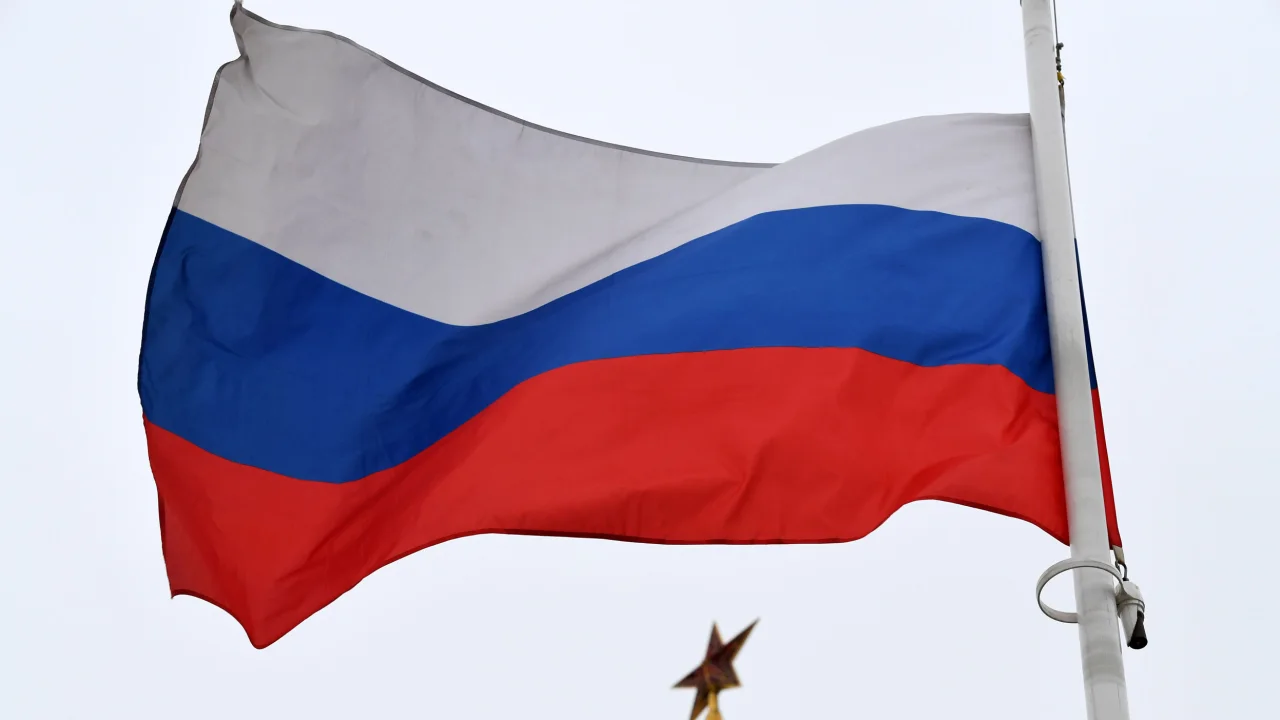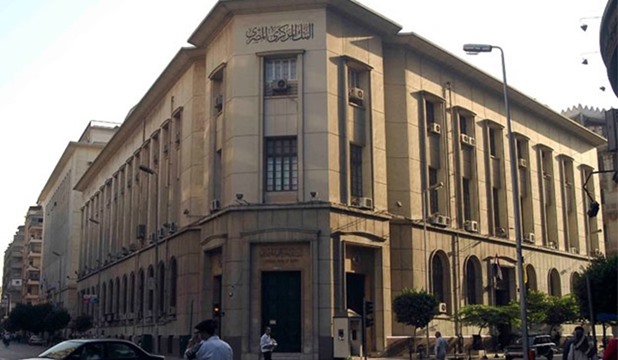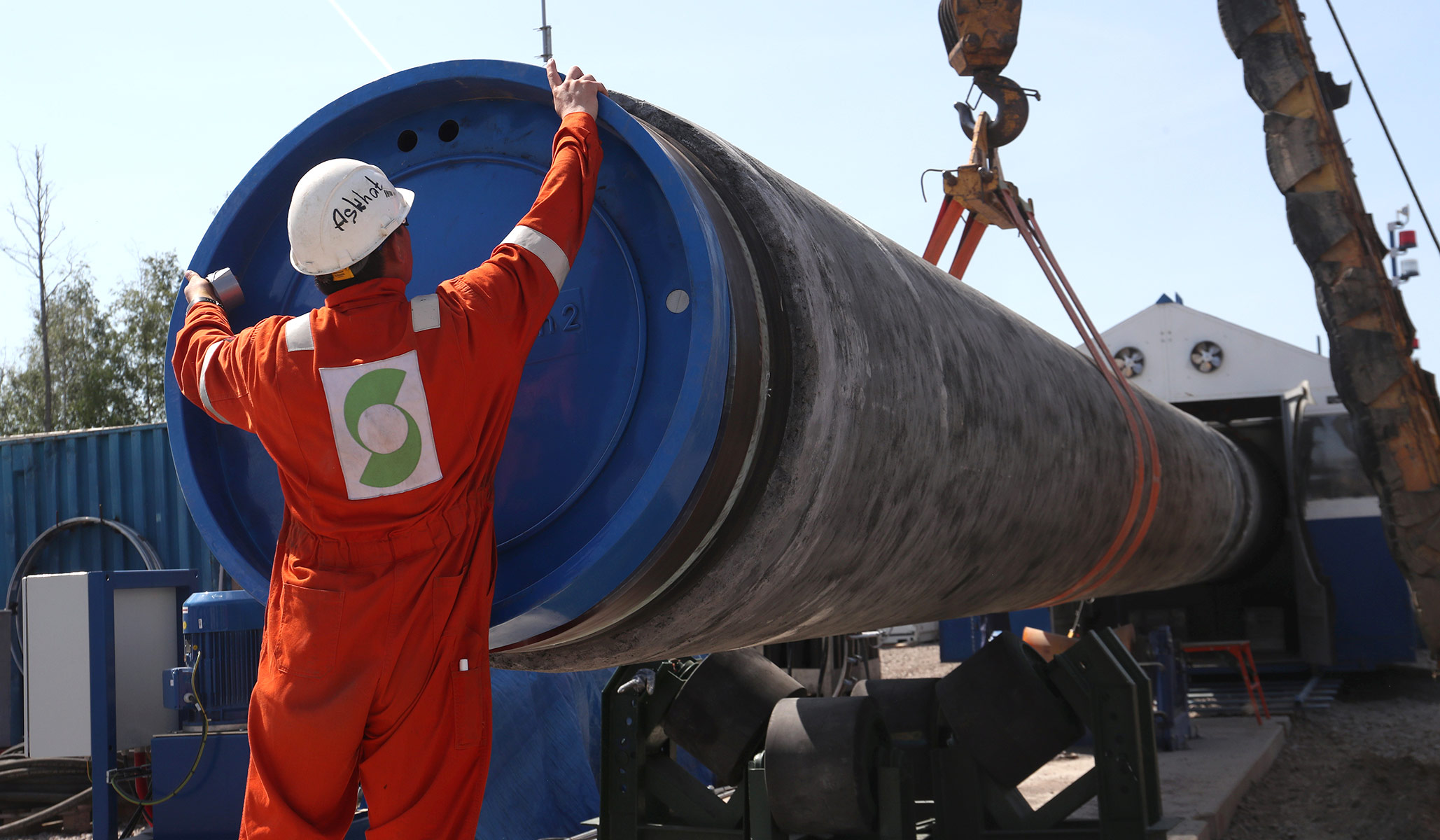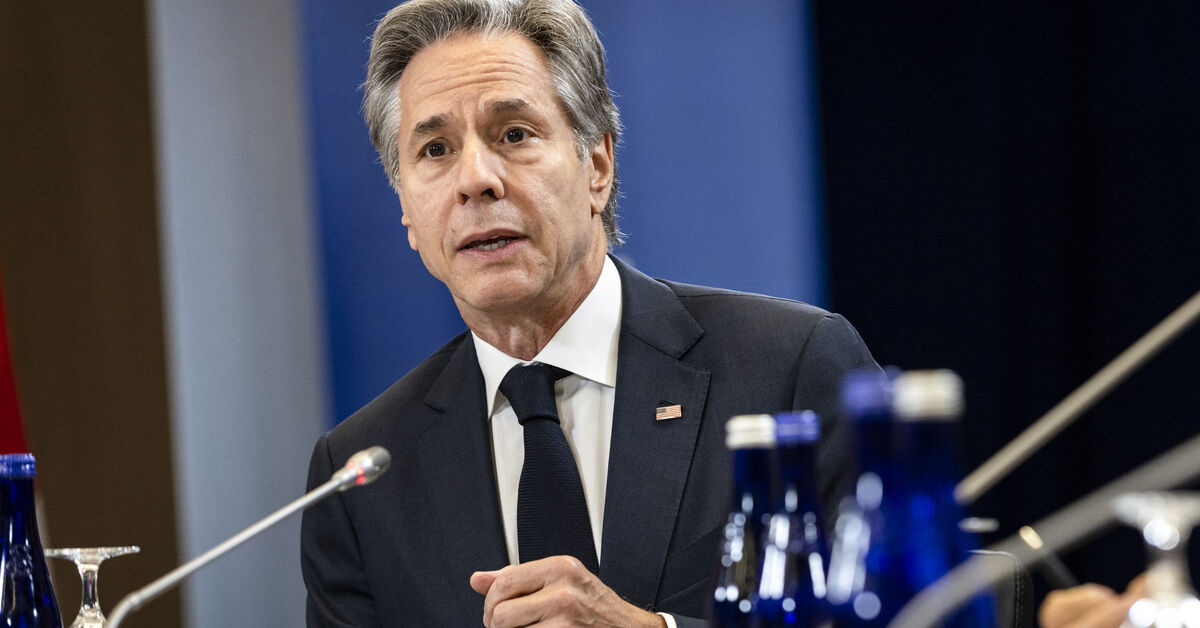By RFE/RL staff – Jun 10, 2024, 4:00 PM CDT
- An investigation uncovers questionable subcontracting practices and potential corruption in Uzbekistan’s solar energy sector.
- Despite receiving billions in international funding, many solar plants are plagued by technical issues and low productivity.
- Uzbekistan’s aging electrical grid and increasingly frequent dust storms further hinder the country’s renewable energy goals.

Uzbekistan’s gaping power deficits and the government’s desperate attempts to plug them are hardly a secret these days.
Only last week, President Shavkat Mirziyoev welcomed Russian leader Vladimir Putin to Tashkent for a two-day trip that turned into three days of talks, with Moscow’s energy assistance to its Central Asian ally topping the bill.
Alongside confirmation that Moscow’s nuclear energy giant Rosatom will build a small power plant in the country, the trip brought a pledge from Putin to nearly quadruple pipeline capacity next year, potentially upping Gazprom’s annual natural gas exports to the country to 11 billion cubic meters.
Just a few years ago, Uzbekistan was a net energy exporter.
But given a rapidly growing population of around 35 million and a growing economy, Tashkent’s dependency on imports — and Russia — looks set to deepen.
One way to offset that dependence somewhat would be to make good on a stated ambition to expand the share of renewable energy to 40 percent of Uzbekistan’s total by 2030.
And officials have certainly been talking a good game when it comes to green energy — not least to institutional partners who have lent billions of dollars to fund the effort.
But the findings of a recent investigation by RFE/RL’s Uzbek Service into the country’s ostensibly booming solar power sector raise questions about how this campaign is being executed — with weak infrastructure and the familiar allegations of corruption seemingly bogging down the government’s lofty ambitions.
The Solar Power Project And Its Secretive Subcontractors
Uzbekistan currently has at least $13 billion of renewable energy projects on the go.
The Sherabad Solar PV Park in Surxondaryo Province, currently being built with money from the Asian Development Bank, is one of many being funded with institutional debt.
The principal contractor for the $260 million, 457-megawatt (MW) project is Masdar, a company from the United Arab Emirates that specializes in renewables.
The agreement for the Sherabad solar project was struck in 2021, becoming Masdar’s fifth project in the country at the time and second only behind the 500 MW wind farm in Zarafshan in terms of generating capacity.
Mirziyoev personally visited the site to kick-start construction on June 1 of that year.
But beyond Masdar and the roughly 94,000 homes that the company expects the plant to power, there are at least two other beneficiaries of the project — subcontractors Hex Solar and Osmon-Energy.
The engagement of these two companies on the Sherabad project is not mentioned in publicly available documents.
But RFE/RL’s Uzbek Service received copies of documents that appear to confirm that Hex Solar is the main subcontractor to build the facility.
Public records show Hex Solar was registered on January 1, 2020, at 863 Nukus Street in Tashkent.
An RFE/RL reporter who travelled to that address was unable to find the company’s office, however.
A LinkedIn profile of a company with the same name provides another address — in Russia’s southwestern Astrakhan region.
LinkedIn users who listed Hex Solar as a place of work, such as engineer Baxtiyar Kasimov, indicate ongoing duties at “Nur Sherbad Solar PV 500 MW.”
A second document seen by RFE/RL attests to a subcontracting agreement reached between Hex Solar and Osmon-Energy.
That document states that Osmon-Energy has “experience in the required field of work and has completed work of the same type and level or above the required level.”
Yet Osmon-Energy was incorporated even more recently than Hex Solar — just two days after construction began on the project slated for completion in 2026.
In the subcontracting agreement from that month seen by RFE/RL, the sum transferrable to Osmon-Energy for its work is 45.8 billion soms ($3.6 million) — quite a windfall for a days-old firm.
An RFE/RL reporter who visited the Tashkent address for Osmon-Energy listed in the agreement was unable to find any trace of the firm.
But a source employed by the company confirmed its existence and claimed Osmon-Energy was making very healthy profits from the Sherabad Solar PV Park subcontract.
“Employees are paid in cash. This makes it easy to embezzle money,” the source, who requested anonymity, told RFE/RL. “And they are paid at a very low rate. So, let’s say [Osmon-Energy] charges more than $700,000 for every 10 megawatts installed — they will pay workers only $18,000 [from that].”
The source added that Osmon-Energy was far from the only overnight company to win big from subcontracting “around 30 major [solar power] plants” being built in Uzbekistan.
Userbay Seitrzaev, one of three men listed as a founder of Osmon-Energy (Abduzhalil Baimukhamedov and Olimjon Ibragimov are the others), denied any accusation of corruption when contacted by RFE/RL, insisting that construction work at Sherabad was under “strict control.”
Hex Solar’s founder as per official company documents is a Chinese citizen, Cui Xiao.
RFE/RL was initially unable to reach Cui for its investigation published in Uzbek last month.
When contacted by RFE/RL with questions on the findings of the investigation — and about whether his business was linked to Russia — Cui said: “We are preparing a lawsuit against you. We can have discussions in court.”
Masdar did not immediately respond to a request for comment on the subcontracting arrangements.
New Solar Plants, Old Grid
At the same time, experts have questioned the quality and productivity of Uzbekistan’s new solar energy plants.
In an interview with the private media agency Anhor.uz this year, Ivan Butuk, director of marketing and digital transformation for the company Energy Eco Sources, said that most new solar stations in the country had been installed incorrectly.
“[Some] 20-30 percent of those that I encountered were assembled with serious errors or were incomplete. That is to say that, while part of the equipment was missing, they were presented by contractors and owners as finished.”
Butuk said the plants should be shut down and rebuilt for several reasons.
“They should be stopped immediately and reinstalled…. In addition to being a waste of the money invested, they are only 40 percent safe, inconvenient to use and maintain, and do not produce enough energy for their [installed capacity],” he told Anhor.uz.
The Sherabad solar power plant suffered a setback in January of this year.
Photos and videos shared on social networks showed solar panels apparently damaged beyond repair by strong winds on January 28. Two days later, the Uzbek Energy Ministry acknowledged that 91 panels had been destroyed, but noted they had not been fully installed and were easily replaceable.
Other experts say that Uzbekistan’s ability to harness the power of the sun — the country enjoys roughly 300 sunny days per year — is severely compromised by its aging electrical grid.
According to the recent calculations of one Tashkent-based research group, 62 percent of Uzbekistan’s power-distribution networks, 74 percent of its substations, and half of its transformers are some 30 years old.
Two years ago, a 100-MW-capacity $100 million solar power plant built by Total Eren — a daughter company of French energy giant Total — started work in the Tutli neighborhood of Nurobod, a district in Samarkand Province.
The plant was supposed to provide energy to more than 80,000 households. Yet residents of Tutli told RFE/RL that they are still suffering the same power outages as before.
Nurobod’s district administration responded to such complaints with a statement saying the power plant was connected to the main power grid and that the Tutli microdistrict was not slated to receive electricity from the plant directly.
Another enemy of solar power in Uzbekistan is climate change.
Because while Uzbekistan is edging toward a hotter, drier climate, it is also suffering from dust storms with growing regularity.
Dust and sand can significantly reduce the output of solar facilities, while ramping up servicing costs. This is something Uzbek authorities cannot prevent.
As for human factors, the government has “a chance to make it right” in the words of Kerry Adler, CEO of SkyPower, a North American energy company.
Adler witnessed the very beginning of the authorities’ drive for renewables in 2017, when Mirziyoev personally invited him to invest in the country.
In an interview with VOA in 2020, Adler explained that a lack of government guarantees had prevented his company’s slated $1.3 billion investment in a network of solar power plants from ever getting off the ground, despite what the businessman claimed was initial investment of $10 million in project preparation.
“We will never participate in any corrupt activities. We will not pay for a contract, nor would we even give a gift, nor will we make a promise,” Adler said then, without directly accusing anyone of requesting a bribe.
“And I think that this is a country, from what I understand from people who have lived there and done business there, that historically has come from a different type of a culture.”
Four years after the interview, SkyPower’s project has still made no progress.
By RFE/RL
![]()
RFE/RL staff
RFE/RL journalists report the news in 21 countries where a free press is banned by the government or not fully established. We provide what many…
Related posts
Note: This article have been indexed to our site. We do not claim legitimacy, ownership or copyright of any of the content above. To see the article at original source Click Here














